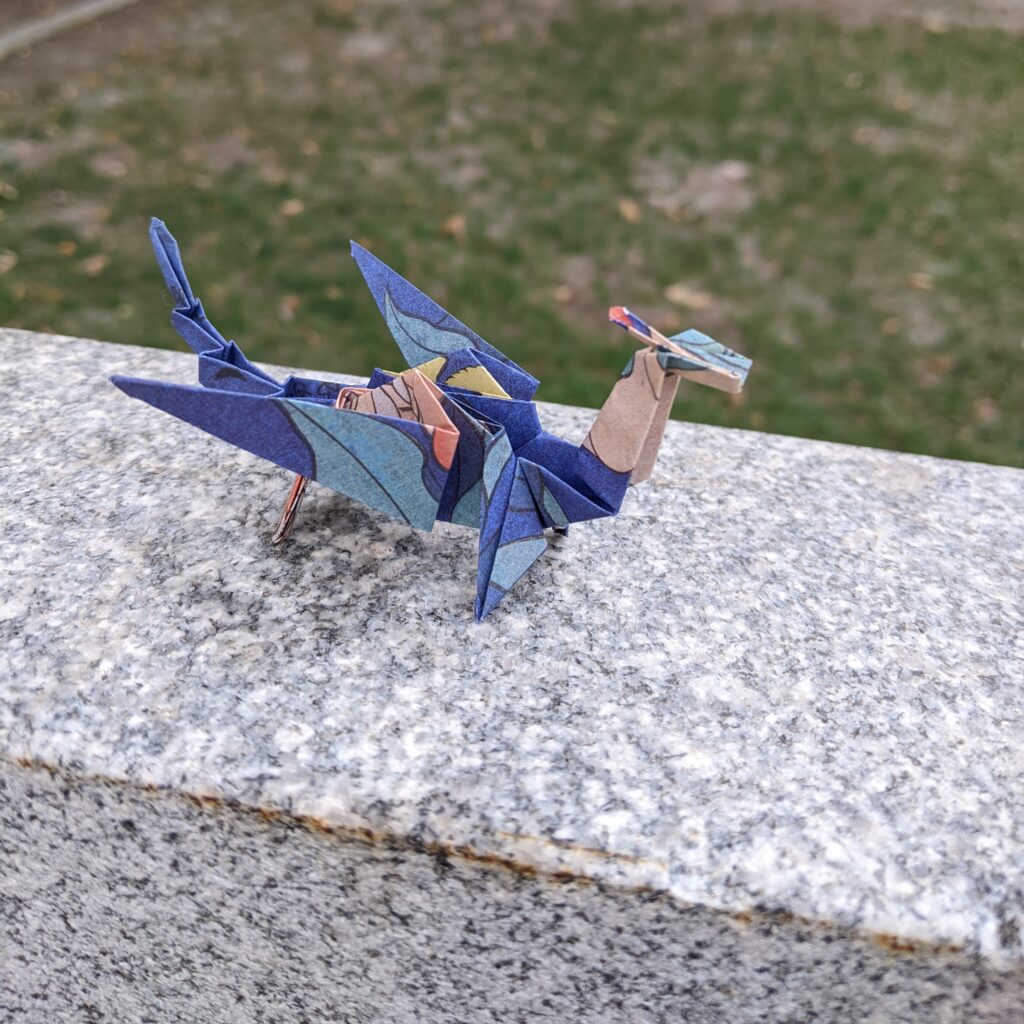I like to say that my greatest talent is having the coolest friends. And what better way to judge the quality of your friends than the ludicrousness of the quotes you share together?
Please enjoy this selection of quotes, exquisitely curated from the Fall 2023 semester and before.
Music People
People who don’t date me are preliterate societies. –Brandon
Yo check me out with my Gucci greaves bro, and my Prada shoulder pauldrons. –Sam Craven on the future of fashion
Use a scalpel instead of a sledgehammer, babe. –Melissa on George Orwell
I just need to like get really good at the piano in one day. Or drop out of school and play the accordion on a farm in Sweden. Those are my two options. –Em
I’ll go months without listening to a metronome in my sleep. –Michael
Hatsune Miku is like the Spongebob Squarepants of the anime community. –Camryn
It’s like wearing a tie with nothing else, except not as hot. –Camryn
[watching Princess Mononoke]
Matt Heslop: Did that impala become more feminine looking?
Brandon: Are you saying you find it more attractive?
Em: Cereal tastes good out of a tupperware.
Dana: Does it taste different?
Em: It does! In a metaphysical sort of way.
Emma: Yeah Emily, what’s your interpretation?
Brandon: Yeah, don’t just sit there. Prophesy.
Anonymous BYU Professors
Yes I taught you that! And now I’m trying to disabuse you of that because it’s wrong!
I’m seriously going to pass out, this marker is so strong. Let’s pass this around! Let’s talk about how we’re gonna build community!
If I say I’ve been crying all day, she will feel bad for me, because she’s socially obligated to.
We have ‘discuss,’ we have ‘discussion.’ ‘Discussive’ feels…disgusting.
It’s a ham sandwich with a brioche bun! Let’s not be ridiculous.
You’re like a ditransitive verb because you need a lot of compliments.
Other
I found a Van Gogh calendar in the dumpster and I was like, ‘This is a waste.’ –George
I feel like a lawyer is a very basic thing to have…. Aren’t your parents old, aren’t they about to die? –Girl in my apartment complex
Resident: Those kids were always at the back of the bus!
Asher: That’s why I dealt drugs at the front of the bus.
Erica would murder you in your sleep and then write a love novel about it. –Emily M. (from the Japanese house) on my laptop Erica
Have your ever read the Book of Mormon? First book they cut someone’s head off! –Overheard in the Wilkinson Center
Not only did I enjoy that kiss last night, I was awed by the efficiency of it. –To Catch a Thief (an old Cary Grant movie) ∎











